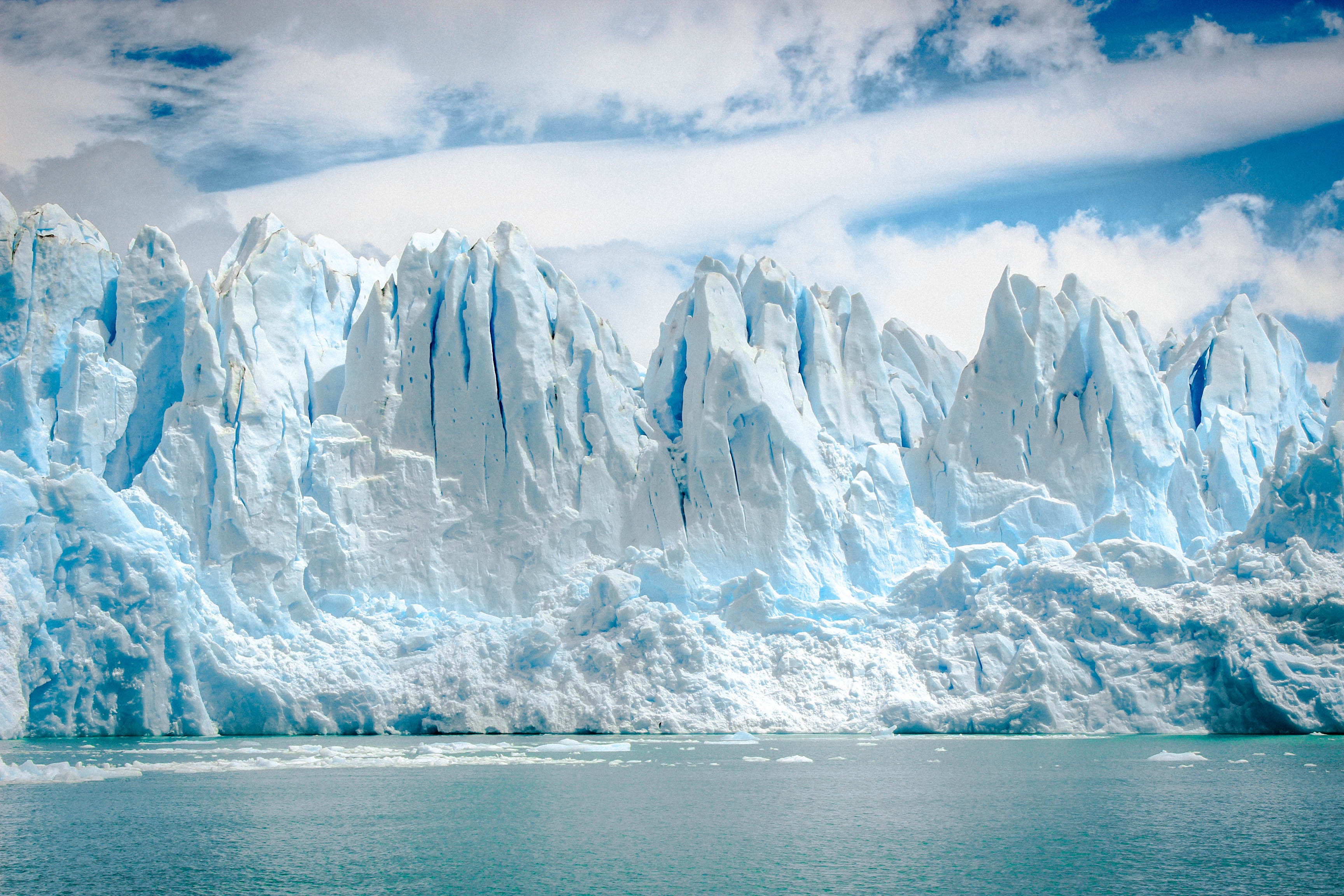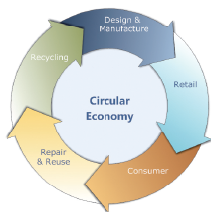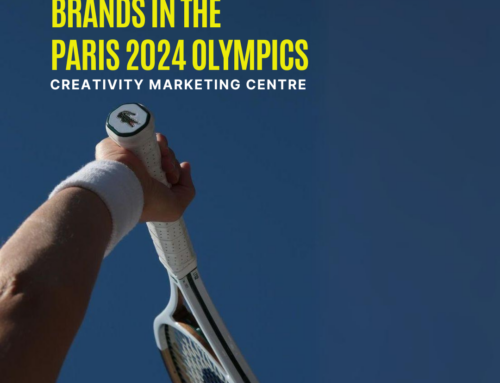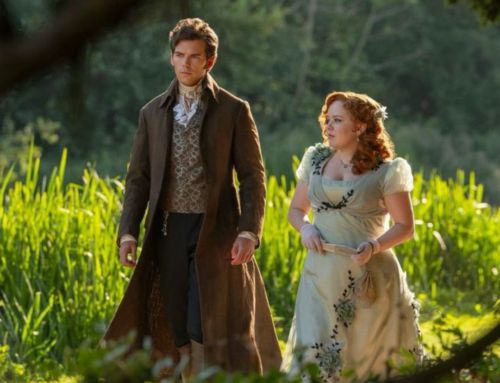Climate Change: Winning the Challenge of Consumer Sentiment

By Peter Stephenson-Wright, Affiliate Professor at ESCP Business School
INFO MAGAZINE – SEPTEMBER 2015
THE BUSINESS OF CLIMATE CHANGE
Back in 1990, as the green movement first gained critical mass amongst consumers, I was involved in the development of an advertising campaign in the UK and Germany. The TV spot did not show any glossy product shots, but simply a sequence of beautiful natural and animal scenes against a soundtrack of Louis Armstrong singing ‘What a Wonderful World’. At the end, a voice-over informed viewers that cars from Vauxhall and Opel would be fitted with catalytic converters at no extra cost (rivals were charging extra for these). The campaign was an enormous success, winning a Gold EFFIE Award that year for marketing effectiveness. Vauxhall and Opel’s brand image improved dramatically and the public bought their cars in record numbers.
 Since then, it has become rather less straightforward to influence consumer attitudes and behaviour.
Since then, it has become rather less straightforward to influence consumer attitudes and behaviour.
A mixture of general apathy, changing government priorities and frustration over “green wash” has left the public confused and uncertain about their personal roles in limiting climate change. Moreover, surely as long as the US keeps guzzling gas and China keeps burning coal, there’s little an individual citizen can do?
Despite this, however, for any agreements made at the forthcoming COP 21 Climate Change conference to be effective consumers are undoubtedly going to have to be on board. With BP predicting a rise in global energy consumption of 41% between 2012 and 2035, public sentiment and action will need to change if the world is to pursue a sustainable path.
So what are the barriers and what needs to change?
The starting point is the difficulty in perceiving climate change. After all, the symptoms are, for the most part, a slow creep of statistics. NASA may have announced in July that the last six months have been the warmest mid-year sequence since 1880 – but what does that really mean? The inherent nature of climate change is a slow, imperceptible drift punctuated by extreme and disruptive weather events. It’s the events that usually grab the headlines, with causal links difficult to make.
A second barrier is that consumers may feel that the low-hanging fruit is all gone and from now on the environmental trade-offs will get more complex and more expensive. Not entirely true. Despite successful campaigns promoting such things as home insulation, low-energy bulbs and solar panels, there is much more to be done; the real challenge lies in changing behaviours.
 This brings us to society’s pre-occupation with “newness”. Consumers have been conditioned to want the latest in everything, and to pay a profits-friendly premium for it. But making things new every time is superbly wasteful. It’s not just about encouraging consumers to recycle, it’s about building a culture that equates new with wastefulness, not the leading edge.
This brings us to society’s pre-occupation with “newness”. Consumers have been conditioned to want the latest in everything, and to pay a profits-friendly premium for it. But making things new every time is superbly wasteful. It’s not just about encouraging consumers to recycle, it’s about building a culture that equates new with wastefulness, not the leading edge.
A small example of the challenge ahead: it’s been some years since manufacturers successfully developed furnace-friendly paint to enable old building materials to be recycled, but buyers missed the “new paint” smell and shunned the option. Clearly there is psychology as well as chemistry to overcome.
It is certainly true that trends amongst the Facebook Generation show a different balance between ownership and usage. Why own things when you can rent, share or borrow them? For them, possessions are out and experiences are in. However, with this attitude comes a certain disengagement from the hard facts of the world around. The TwentySomethingLondon.com guide to independent London captured the zeitgeist of a generation when it announced an app to make going out with your mates “as easy as doing quantum physics”. So much for science, let’s get on with the important things in life!
But even virtual consumption has a real effect on the environment. Some 11% of the energy currently consumed in the UK is devoted to running the internet, and this will only rise. A future sustainable world is going to have to find energy-efficient ways of “doing digital” too – as Google has pioneered, using solar energy to power its latest data centres.
Useful links:
MSc in Marketing & Creativity
Creative London Summer Course





